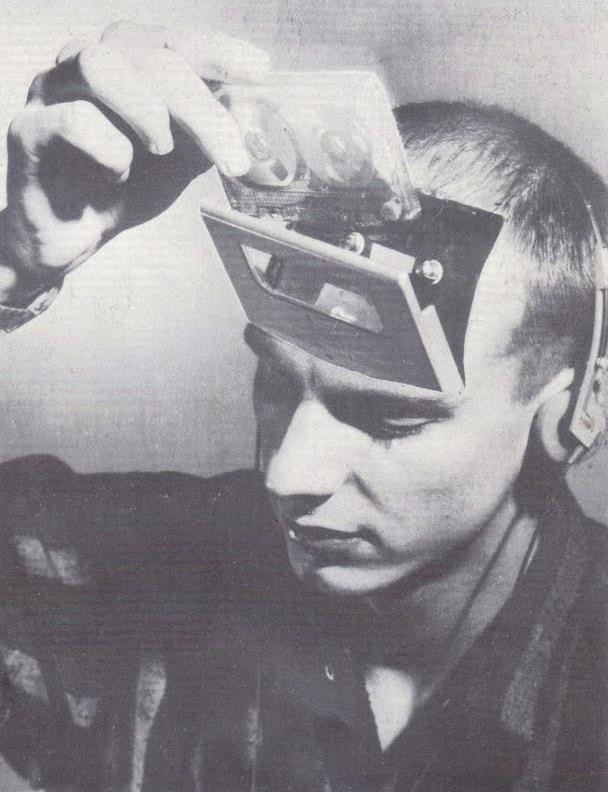Back when people were impressed by those who possessed lots of fairly useless facts, I was always good at trivia, and it never once made me feel smart or satisfied. Because it was just a parlor trick, really. Read a lot and in an irregular pattern and you too can be crammed with minutiae. Now that everyone can look up every last thing on their phones in just seconds, all of life has become an open-book test. Trivial knowledge is (thankfully) no longer valued.
From Douglas Coupland’s FT column about his participation in a Trivia Night contest:
The larger question for me during the trivia contest evening was, “Wait — we used to have all of this stuff stored in our heads but now, it would appear, we don’t. What happened?” The answer is that all of this crap is still inside our heads — in fact, there’s probably more crap than ever inside our heads — it’s just that we view it differently now. It’s been reclassified. It’s not trivia any more: it’s called the internet and it lives, at least for the foreseeable future, outside of us. The other thing that happened during the trivia contest is the realisation that we once had a thing called a-larger-attention-span-than-the-one-we-now-have. Combine these two factors together and we have a reasonably good reason to explain why a game of trivia in 2015 almost feels like torture. I sat there with four other reasonably bright people, not necessarily knowing the answers to all of the questions, but knowing that the answers, no matter how obtuse, could be had in a few seconds without judgment on my iPhone 6 Plus. But then I decided the evening was also a good reminder of how far things have come since the early 1980s heyday of the board game Trivial Pursuit.
Q: What country is north, east, south and west of Finland?
A: Norway.
Q: Clean, Jerk and Snatch are terms used in which sport?
A: Weightlifting.
Q: Why was trivia such a big thing in the late 20th century?
A: Because society was generating far more information than it was generating systems with which to access that information. People were left with constellations of disconnected, randomly stored facts that could leave one feeling overwhelmed. Trivia games flattered 20th-century trivia players by making them feel that there was both value to having billions of facts in one’s head, and that they were actually easily retrieved. But here in 2015 we know that facts are simply facts. We know where they’re stored and we know how to access them. If anything, we’re a bit ungrateful, given that we know the answer to just about everything.•
Tags: Douglas Coupland

